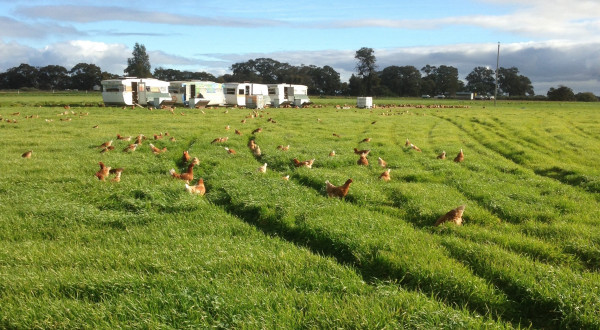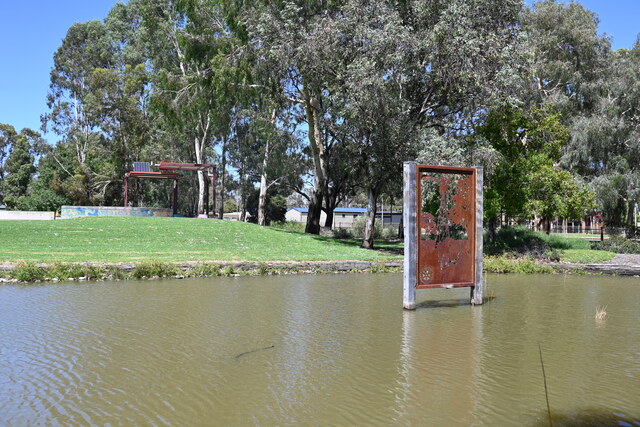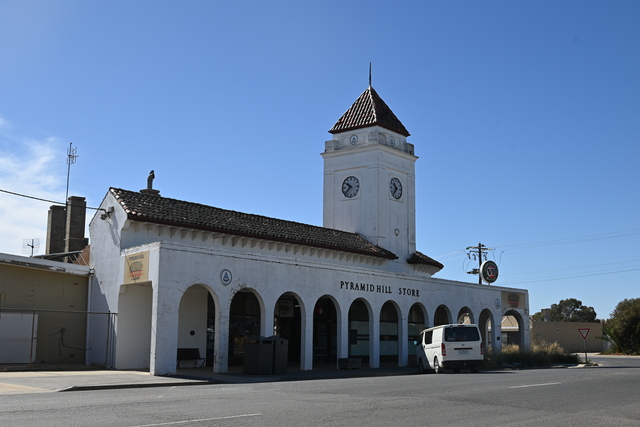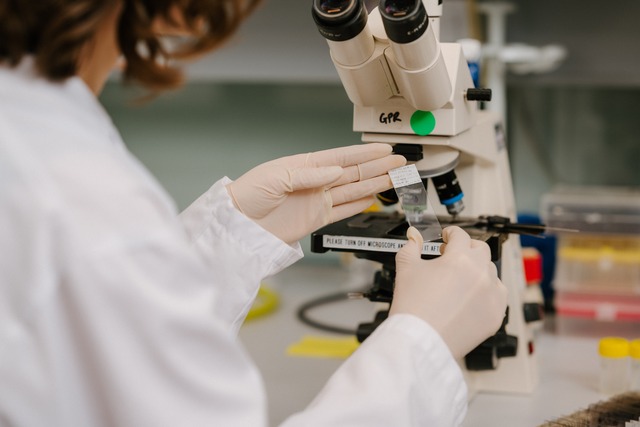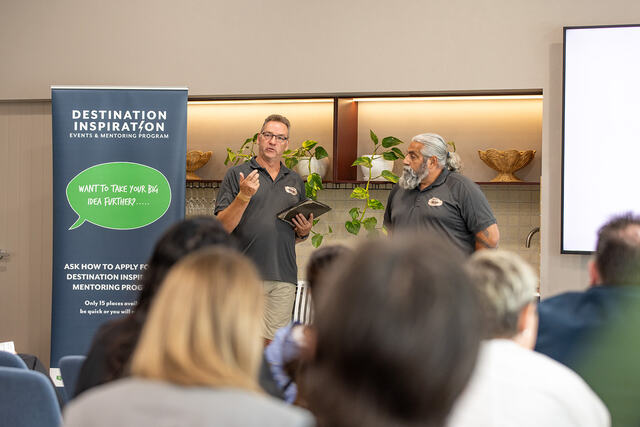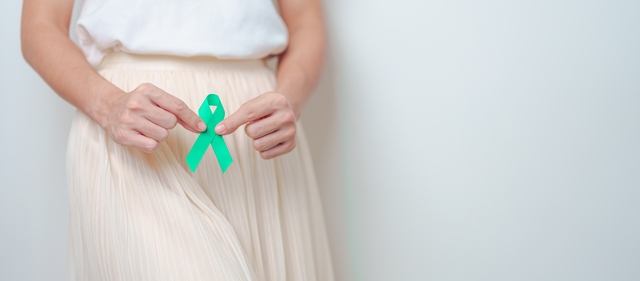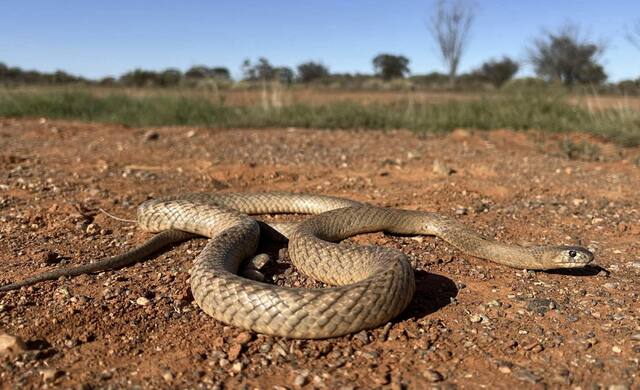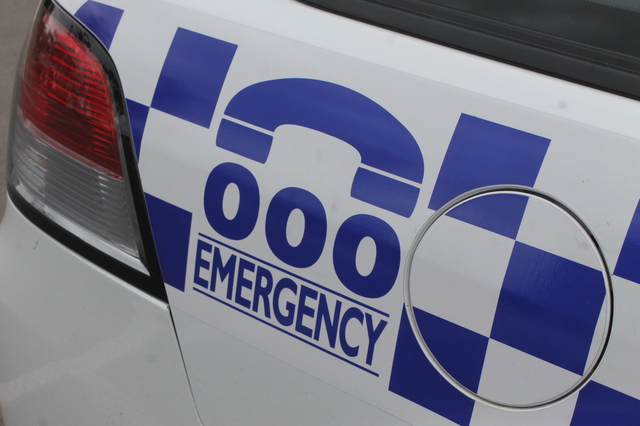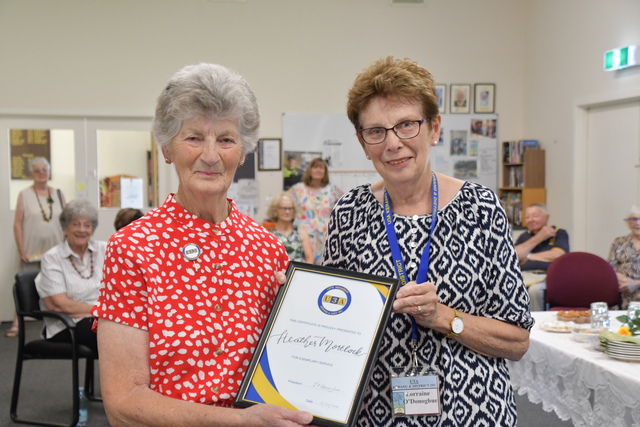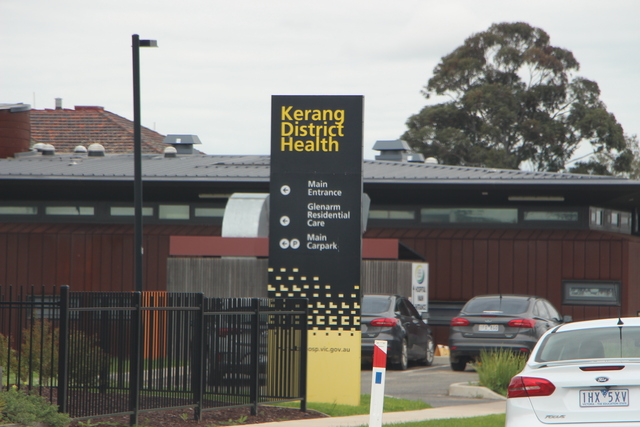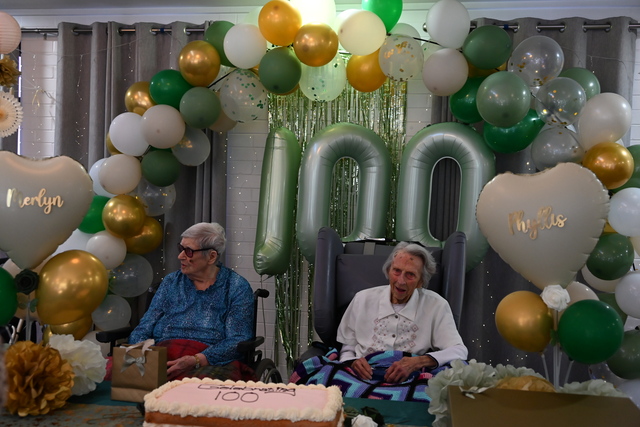IF you ever wanted to become a successful small farmer and get your hands on a viable business with a standout product range, you have almost certainly missed your chance.
The Moulamein-based 12 Good Eggs has been looking for a buyer for the past 12 months and come up empty handed.
Yet this family-run diversified eggs business has a fantastic business model, a network of regional supermarket stockists, underwritten by butcher shops and specialist retail outlets.
Now owner Kate Redfearn, desperate to retire, and her family have decided to simply walk away.
They have launched a Facebook clearing sale of everything on their farm – from the chooks themselves to the Cluckinator (laying sheds).
Announcing the decision to close the business, Ms Redfearn said: “It is with great sadness we … will be closing. After 12 months of attempting to sell, we needed to make this decision to allow two of us to retire.
“The past nine years have been an amazing experience and we had really hoped someone would take it on, but sadly that has not happened.
“I would like to say a huge thank you to our staff, as well as others who have worked for us in the past, you are the most reliable, hardest working people and we couldn’t have done it without you.
“Thank you to everyone who stocked our eggs, used our eggs, ate our eggs and supported us in any way…the local and wider community have been so amazingly supportive.”
The number of people in the wider market looking to take on a small farm scenario is a growing sector, yet none had the vision to grasp this opportunity – or simply did not realise it was available to buy.
It’s not just about the eggs either.
Always with an eye on innovation, and a commitment to sustainability, Ms Redfearn said spent some time coming up with a solution to making the most of her surplus eggs at the end of each week.
Even with the farmers’ market, with the growing network of retail outlets and other sales here and there, that was still the one, small problem.
Ms Redfearn said the business’s commitment to minimising waste and ethical farm practices to produce the farm’s high-quality, nutrient-dense eggs also meant it needed to come up with a sustainable way to use eggs unsold because of being misshapen, or their size.
“And that one had us scratching our heads, researching all sorts of options and then we had that light-bulb moment – dog food,” she said.
“Even better, we had four gorgeous guinea pigs to test our recipes (their large, hairy, white security detail of maremmas).”
Fooch, a crunchy treat for dogs, in a slightly sickly shade of yolk yellow, was the result.
“Our aim was to develop a healthy and delicious premium product, one both dogs and their owners would love, which also aligned to our values,” Ms Redfearn said.
“And we think we’ve ‘cracked it’ given the wagging tails and happy faces we see at the farmers’ markets we attend.
“So, you can treat the dog you love, and treat our planet at the same time, with Fooch crunchy treats.”
With 12 Good Eggs, the eggs are so large, they’re lucky to fit in the fridge, let alone an egg carton or tray.
And that’s what they come in, open trays, secured by plastic wrap, and they are whoppers. Just the thought of the Good Eggs layers dropping one of these monsters is enough to bring tears to your eyes.
Ms Redfearn said, just like the fruit and vegetable market, the egg industry was a victim of marketing cosmetics – super-large eggs, or those slightly misshapen, are rejected by the mainstream market because they don’t meet strict size, shape and colour.
She said that on the inside they are not just perfectly good eggs, buyers get more bang for their bucks because they are so much bigger.
In the trade these misfits are known as “ugly”. From contorted carrots to mega eggs, they taste the same, the benefits are the same, they just look different.
You could suppose, statistically, when you are collect about 2500 eggs a day, you would see plenty of double-yolkers – and you would be wrong.
The percentages never lie – only one egg in every 1000 is likely to be a double-up.
But Ms Redfearn and her happy cluckers have been rewriting those record books. She buys in young hens at the point of laying, and research shows it is the younger ones which are more likely to produce the doubles.
And they must be painfully good at the jumbo goog business because every time there is an Echuca Farmers Market (the first and third Saturday of every month – and the fifth if there is one) she is there with countless trays overflowing with ginormous eggs.
“We run 3500 hens across 150ha – that’s about 60 times more space per bird than is required to be classified free range and our hens have comfortable mobile homes-converted caravans that are paddock based and shifted regularly where they can sleep safely and lay their eggs,” Ms Redfearn.
“And they then spend their day roaming about the paddock enjoying the country air. The flexibility to shift hens is part of our holistic approach to land management as the soil is regenerated through rotational grazing which disperses nutrients across the farm.
“Hen health is optimised and consistent high egg quality can be maintained. Our supplementary feed is formulated by an experienced industry nutritionist and fills the gap in seasonal variations in paddock feed availability and hen health requirements.
“Our hens are moved to fresh ground regularly. This prevents manure and subsequent pathogen build-up and allows for healthy natural fertilisation of our paddocks.
“They have a wonderful free life, and in return give us great tasting, nutritious paddock eggs.”
If this is the first you have heard about the business being for sale, call Kate Redfearn on 0417 112 162 and talk turkey about her chooks.

